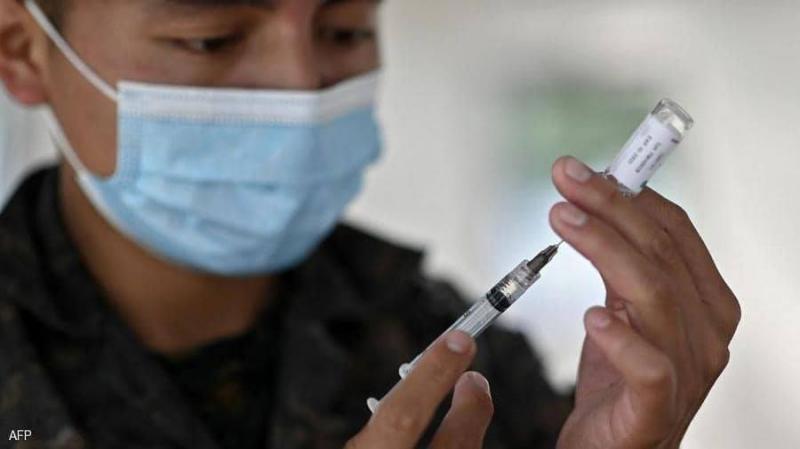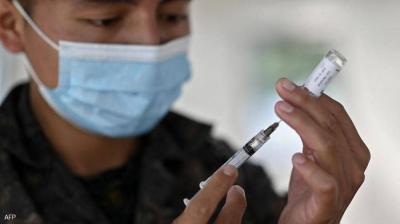U.S. health authorities confirmed that the risk of death from COVID decreases by 11 times and the likelihood of hospitalization for infected individuals is reduced by ten times among those who received full doses of COVID vaccines. The data emerged from three new studies published by the Centers for Disease Control and Prevention (CDC) in the United States on Friday, all affirming the effectiveness of COVID vaccines in preventing severe complications in the event of infection.
For reasons that are still not well understood, data indicates that the Moderna vaccine provided a higher level of protection during the spread of the Delta variant. This comes after President Joe Biden announced a strict vaccination plan that requires companies employing more than 100 people to either vaccinate their staff or subject them to weekly testing.
CDC Director Rochelle Walensky told reporters on Friday, "As we have shown in study after study, vaccines are effective." The first study reviewed hundreds of thousands of cases in 13 U.S. regions from April 4 to June 19, the period prior to the dominance of the Delta variant, and compared it with the period from June 20 to July 17.
Between the two periods, the likelihood of a vaccinated person contracting COVID increased slightly (from being 11 times less likely to be infected compared to the unvaccinated to five times). Protection against the progression of the disease requiring hospitalization and death remained more stable but decreased more among individuals aged 65 and over compared to younger groups.
The CDC, alongside the Food and Drug Administration, is evaluating the need for booster shots, with older adults likely to be the first to receive them, as the Biden administration plans to roll them out later this month. One study, which assessed vaccine effectiveness from June to August in over 400 hospitals, emergency departments, and urgent care clinics, ranked vaccine effectiveness by brand.
The effectiveness against hospitalization was highest for Moderna (95%), followed by Pfizer (80%), and then Johnson & Johnson (60%). The overall effectiveness in preventing the need for hospitalization was 86% across all age groups, but the rate decreased to 76% among adults 75 years and older.
Historically, the performance of the Pfizer and Moderna vaccines, which use messenger RNA technology, has been somewhat better than that of Johnson & Johnson, which relies on a modified adenovirus—likely because the latter is administered in a single dose. However, it remains unclear why Moderna slightly outperforms Pfizer against the Delta variant. This may be related to its higher dose (100 micrograms compared to 30) or the longer interval between doses (four weeks versus three), both of which are linked to a stronger immune response.




